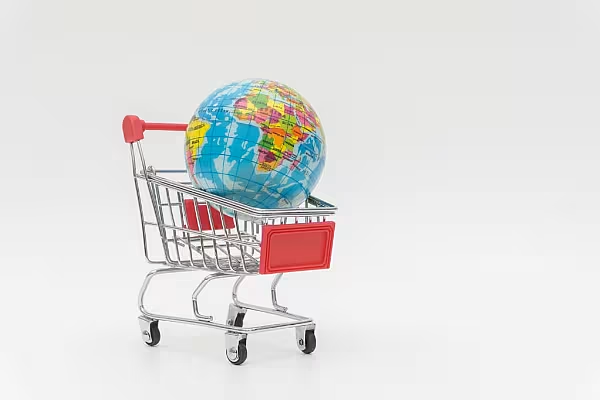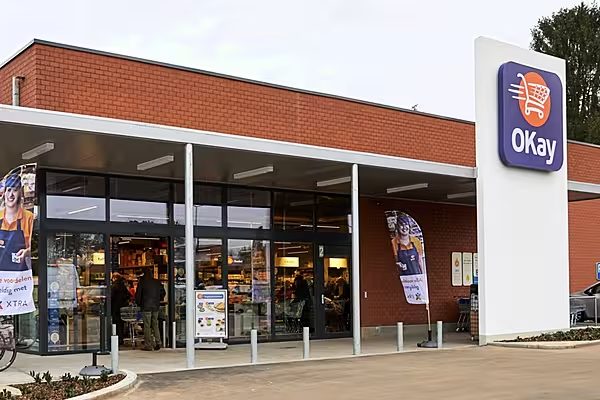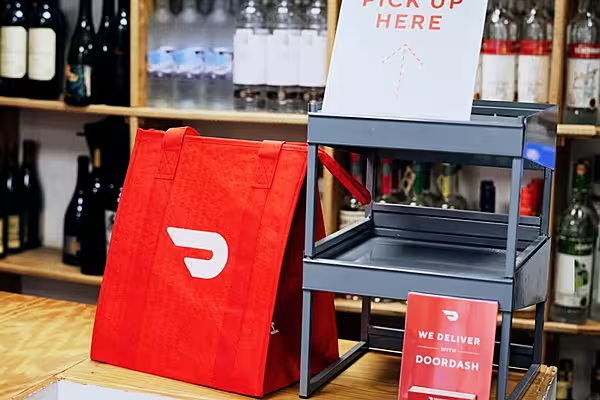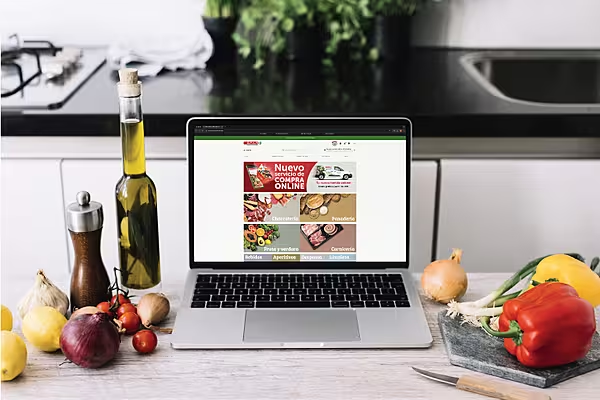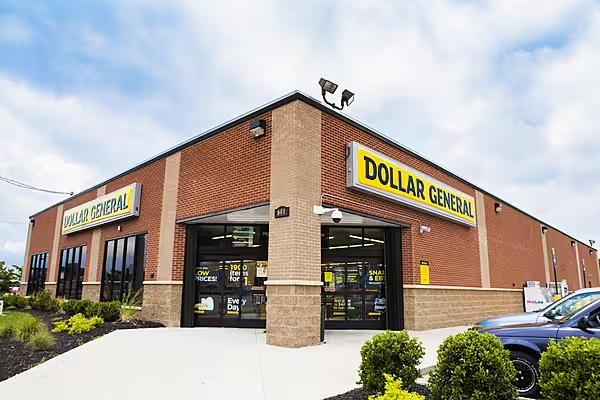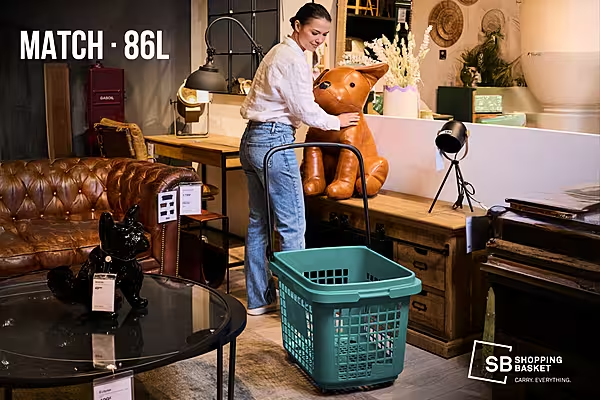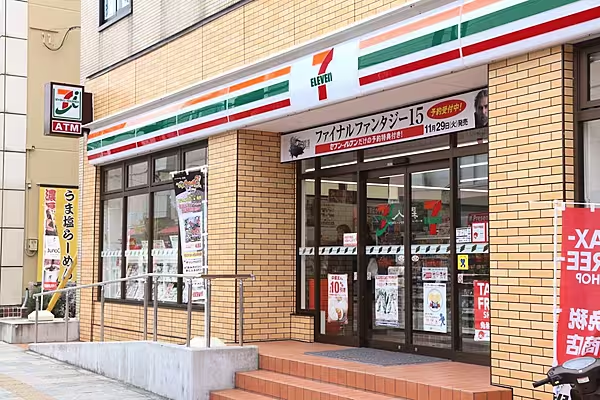Shoppers are increasingly driven by the need for value, convenience, and personalised experiences, as economic pressures mount. These are the main findings of The RRD CPG + Grocery Consumer Report | Q4 2024, for the fourth quarter.
The report, created in partnership with Prosper Insights & Analytics, surveyed 1,819 consumers across generations and financial statuses, to understand their attitudes, goals and mindsets.
Additionally, 254 decision-makers were surveyed from US-based grocery, drug and mass retailers.
‘Price Sensitivity’
“Rising prices, especially in the grocery sector, are putting pressure on consumers across all income levels,” said Beth Johnson, director of client strategy, grocery and convenience at RR Donnelley. “Price sensitivity is a collective concern, presenting both a challenge and an opportunity for brands.”
The report found that as inflation has impacted consumer food spending in the past two years, what started as a shift toward ‘budget-consciousness’ has become a driving force in purchasing behaviour.
Not surprisingly, shoppers in the CPG and grocery sectors are increasingly turning to cheaper alternatives and bargains, or avoiding products considered too costly. The report warned that brand loyalty, while still a factor, is no longer guaranteed.
Priorities And Pressures
The survey shows that rising prices are being felt across the board, regardless of income. The cost of essential items, like food and beverages, is of particular concern, especially to consumers while grocery shopping.
A significant 88% of consumers expressed frustration with rising prices across categories, including groceries, petrol and restaurants.
“To address this, we recommend that brands focus on offering value through personalised offers and relevant discounts,” stated Johnson. “These strategies will help them adapt to shifting priorities, stay relevant, and strengthen customer loyalty.”
Changing Habits
Due to difficult economic decisions, consumers are adjusting their grocery shopping habits to make ‘every dollar count’.
“Consumers are becoming increasingly strategic in their shopping habits – a reflection of the pressure they face from rising costs,” added Michelle Garcia, director of client strategy for consumer packaged goods at RR Donnelley.
In difficult times, consumers like to buy in bulk, and they are also willing to break their usual habits if they can get value for money. This could be an advantage for private-label brands, particularly for essential items.
“This shift is driving greater use of coupons, private-label brands, and careful shopping practices, signalling a need for brands to offer a range of value-oriented choices, to stay competitive,” Garcia said.
“CPG brands can position themselves as a smart alternative to dining out, giving shoppers both the savings they need and the premium options they want, as many are trading both down and up on groceries.”
More Than Just Price
Consumers are guided by more than just price when choosing goods, according to the report. Along with convenience, shoppers are looking for ‘a meaningful shopping experience’.
“While retailers recognise the effectiveness of tactics like loyalty programmes and personalised offers, there’s often a gap between what they know works and where they choose to invest,” said Michael Mathias, chief growth officer/SVP, Whereoware. “Bridging this gap is best accomplished through a marketing culture that relentlessly tests, learns, and implements new ideas based on real data.”
The report found that 68% of consumers prioritise convenience and proximity to their homes, especially among baby boomers (76%).
Meanwhile, 32% of shoppers – particularly Zoomers/Gen Z (39%), millennials (37%) and parents (38%) – prefer stores offering a ‘unique and engaging’ shopping experience, even if it’s farther away.
“Aligning investments with proven strategies is critical to capturing and retaining these value-driven shoppers,” Mathias added.
Understanding Customers
The report also highlighted that retailers must understand and predict their customers’ needs, to get ahead of competition. Glitzy marketing campaigns and bargain basements are not always the answer.
“Shoppers value personalisation, fair pricing, and data privacy more than ever before, but loyalty is no longer a given,” stated Hans Fischmann, vice-president and general manager, nCountR by RR Donnelley.
Fifty-nine per cent (59%) of the consumers surveyed prefer shopping at retailers that understand their buying habits and consistently offer relevant deals, while 57% prefer shopping at stores that feature locally grown, raised or produced products.
In addition, 55% of shoppers are loyal to the store where they shop most often, especially baby boomers (61%) and affluent consumers (64%). In contrast, 45% are open to changing stores for greater savings, particularly millennials (50%).
“Retailers must continuously innovate and align their strategies with consumer demands to maintain loyalty and stay competitive,” Fischmann stated.
